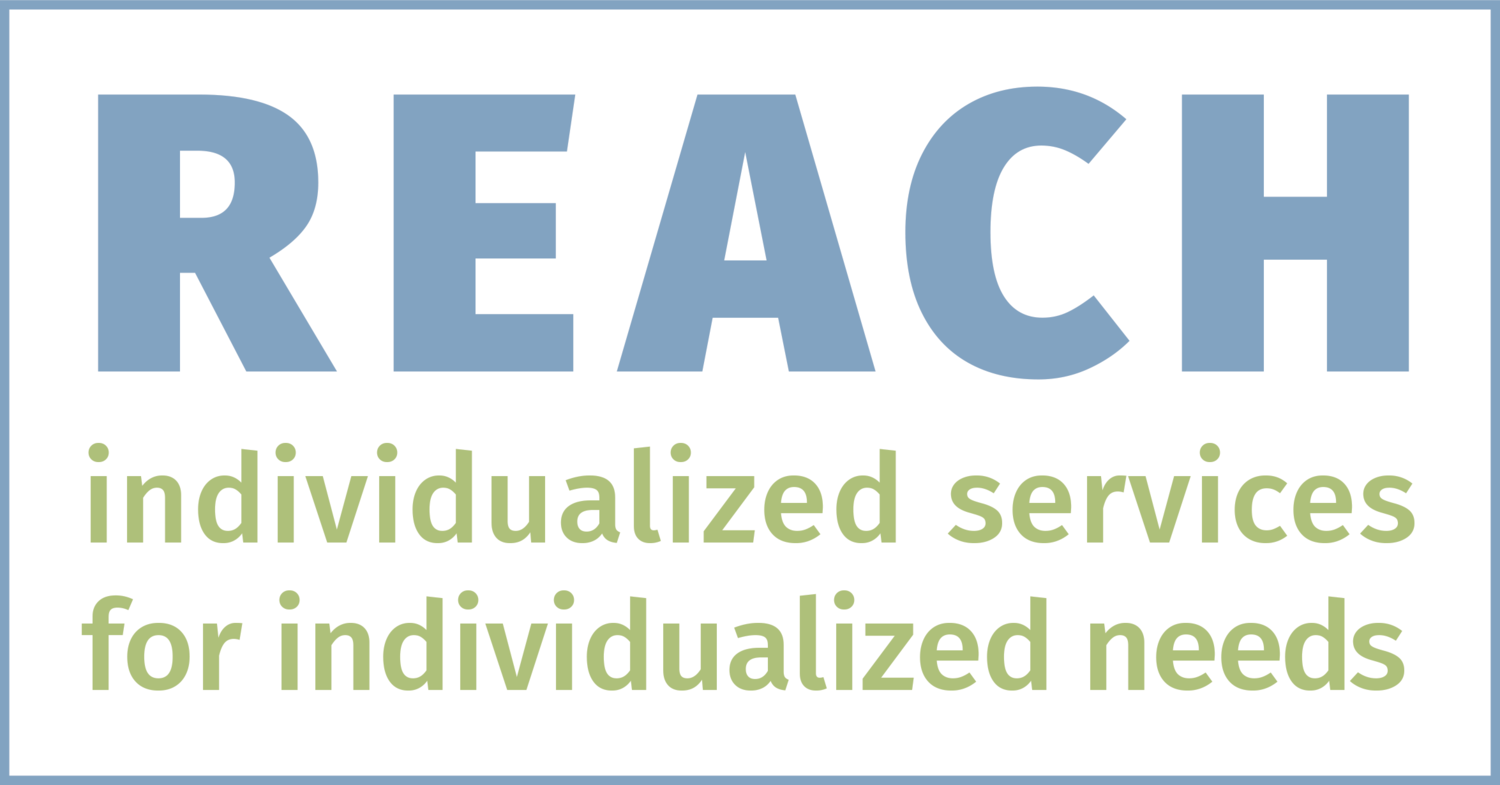HELP! Does My Child Have ADHD?
There’s been a lot of talk recently about ADHD. Oftentimes, parents and teachers believe children who experience difficulties with executive functioning have ADHD, which is not always the case. When it's suspected that children may have ADHD, it can be a bit daunting to figure out what to do next.
What are Executive Functioning Skills?
First, let’s unpack what executing functioning skills are since they often come up as a point of difficulty. Executive functioning consists of skills such as planning, organizing, initiating tasks, prioritizing, managing your time, etc. While difficulties with these skills could be indicative of ADHD, that’s not always the case. These skills can be impacted by several things! Lack of sleep, anxiety, poor nutrition, and not having been taught the skills directly, for example, can all lead to impacted executive functioning skills.
Difficulty with executive functioning is just one part of an ADHD diagnosis! If your child is diagnosed with ADHD, they would likely benefit from support in these skills as well as other areas. This is one of the many reasons it’s important that executive functioning skills be taught to kids just like other academic skills.
What are the Symptoms of ADHD?
Individuals with ADHD can show a wide range of symptoms beyond just difficulties with executive functioning and work completion that we often see in school settings. These can (but not always) include:
High levels of impulsivity
Appearing day-dreamy or inattentive
Becoming hyper-focused on something
Difficulties with sleep
Difficulties with eating
Difficulty with different sensory components, for example having a sensitivity to loud noises or not liking the feel of certain materials
Challenges with concentration
Difficulty engaging in non-preferred activities despite their own desires or consequences
Is My Child Struggling With Undiagnosed ADHD or Experiencing Difficulties With Executive Functioning? How Do I Figure It Out?
We recommend starting with a psycho-educational evaluation. These are often done by psychologists in the private sector. It allows them to do a number of assessments as well as important clinical interviews with parents, sometimes teachers, and the child themselves. The information they gather from these interviews and assessments are used to determine whether or not the child is struggling with ADHD, some executive functioning skills, or something else entirely. Once an evaluation is done by a psychologist, the next step is to decide to what extent and how you would like to intervene.
What Are My Next Steps?
Many children with ADHD benefit from a combination of medication and specialized teaching around executive functioning skills.
Deciding whether or not to use medication to help them with their ADHD is, ultimately, an individual family choice and is highly personal. Medication often gets a bad wrap however; oftentimes, medication can be an excellent tool to use in order to assist children with learning more efficiently and effectively. In fact, with the right medication, nearly 50 percent of people are relieved of nearly all of their symptoms (Barkley, 2022).
If you decide to use medication, selecting the right one can feel particularly challenging, especially because there are roughly 15 different medications that can be used to treat ADHD. To choose a medication, we suggest partnering with a psychiatrist or primary care doctor who is well versed in ADHD. Psychiatrists and psychologists are often confused, and most psychologists do not prescribe medication, so be sure to note their title when making your selection.
In addition, enlist the support of a specifically trained coach or tutor who can help address skill needs such as those related to executive functioning to grow your child’s skill sets. This is also very helpful even for children who do not receive medication.
Oftentimes, kids who are identified with ADHD struggle to perform well in classes, particularly in middle school and high school where there is a lot to manage. Getting support from the school in the form of a 504 plan or an individualized learning plan if appropriate, can be beneficial. Your school can help determine which is best, given your child’s level of impact and also based on whether they are in a public or private school, as they sometimes use different language for plans.
Lastly, ADHD is not considered a learning disability, but it is often co-occurring with learning disabilities. It’s important to note that learning disabilities are not indicators of intelligence. In fact, kids with learning disabilities are often quite bright. They simply learn differently than others. If this is the case, it is helpful to make sure that you ask as many questions as you can during the psychoeducational evaluation process. Two starter questions could be: Does my child meet the criteria or is on the border of meeting the criteria of a second disability? With this profile, what are some of the common strengths? What should we be aware of that could make learning more challenging? What are the best supports we can get in place given this profile?
All in all, there are a lot of misconceptions about ADHD and its signs and treatments. If you’re interested in learning more or talking with us about ADHD solutions,we encourage you to reach out and schedule a consultation.
If you’d like to learn more about improving your child’s executive functioning skills, we encourage you to register for our Executive Functioning Bootcamp!




